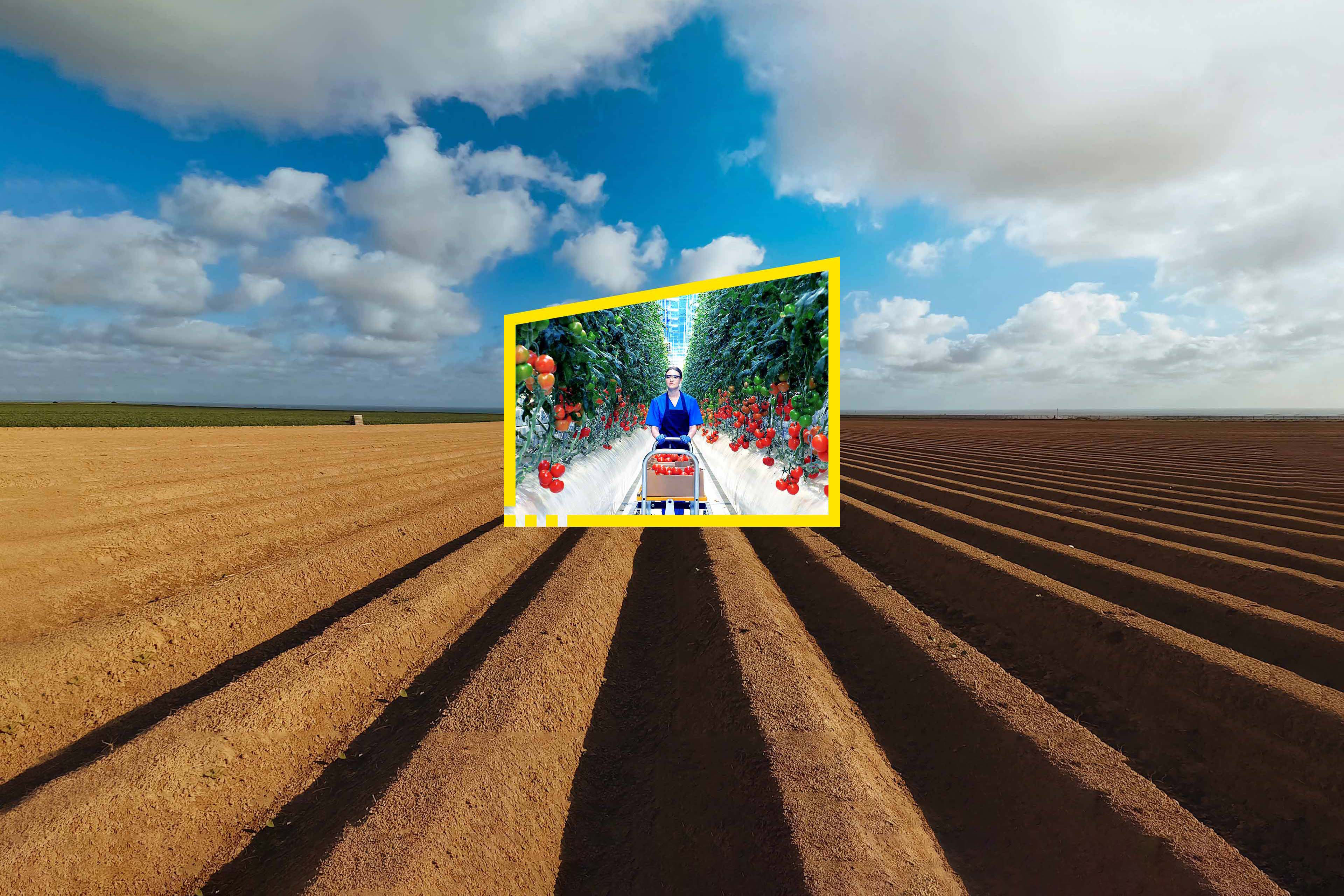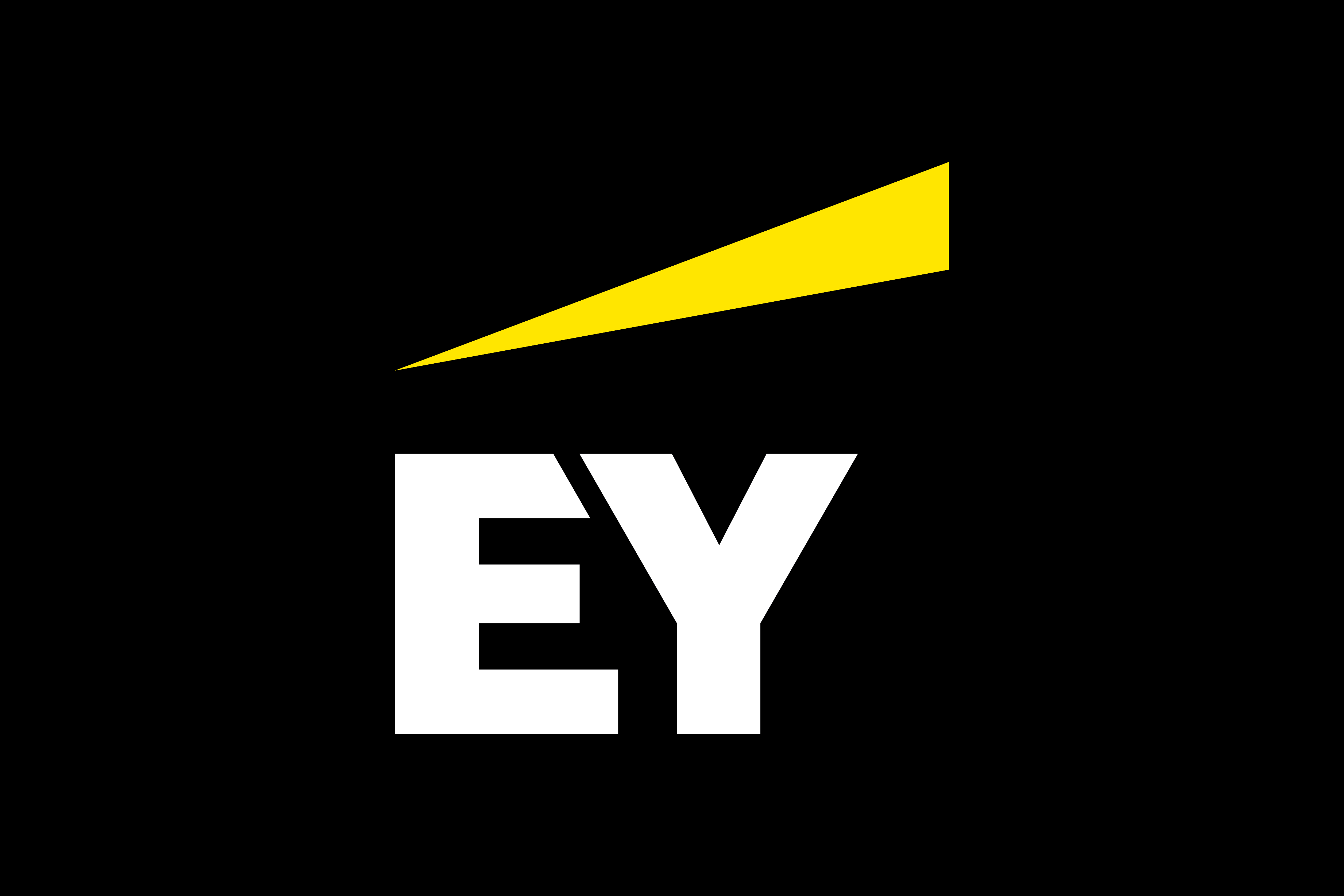EY refers to the global organization, and may refer to one or more, of the member firms of Ernst & Young Global Limited, each of which is a separate legal entity. Ernst & Young Global Limited, a UK company limited by guarantee, does not provide services to clients.

Kefir - a centuries-old secret from the Caucasus
Mlekarna Krepko has been supplying the Slovenian market with high-quality dairy products for more than 20 years. By far the most well-known is traditional kefir, the availability of which Dunja and Brane Kelečević wanted to continue after the collapse of the former state and changes to the economy. They have remained faithful to the traditional method of using kefir grains, as they believe this to be the only way to make an authentic product. “We are the only dairy in the European Union making kefir from grains. The process is very time- consuming, so other dairies tend to use instant preparations. What you find on supermarket shelves today does not have much in common with real kefir, with the exception of our traditional ‘Krepko’,” quickly points out Sandra Turnšek, the daughter in the Kelečević family and Director of the company.
“The main driver of the dairy’s output has always been products which we, ourselves, would want to buy and use daily to promote health. We did not decide to start kefir production because of money, but because we missed it and could not buy it in shops. We chose production in accordance with the traditional methods of the Caucasus, because this is the only real kefir which brings health benefits,” adds Sandra. Today, their selection covers the entire range of dairy products, all of them foods with high biological added value and made from high-quality non-homogenized Slovenian milk. In the future, they want to produce the majority of Slovenian organic dairy products, with a focus on developing and marketing products that contain traditional kefir.
The first organically-processed milk in Slovenia
Mlekarna Krepko was launched in 1995, when Dunja and Brane Kelečević brought live kefir grains from the former Soviet Union, enabling a small dairy in Laze, near Logatec, to start making traditional kefir. At the time there was a significant shortage of quality milk products on the Slovenian market, as these were previously brought from the former Yugoslavia. Nevertheless, Dunja and Brane took a significant risk in purchasing a cooperative dairy that had, like most similar establishments, run into difficulties after 1991. In the process they exchanged their publishing experience for a career in a challenging area of food production. The time was more than ripe, as the government was promoting purchases and reorganization of the old cooperative establishments under favorable terms and conditions. Although at the time, traditional kefir was not available to buy, financially their project still seemed counter-intuitive. Other dairies didn’t want to produce traditional kefir, as they did not see much prospect of profitability. Thus, with very modest resources and constantly learning about the complexities of manufacture, the pair laid down the foundations for Mlekarna Krepko’s production.
Their efforts were quickly rewarded and they soon entered into contracts with retail chains such as Mercator and Spar. As Sandra explains, people bought kefir because they were aware of the magical health benefits of this dairy product. This was also noted by other dairies, who recognized the opportunity and began to manufacture it, opting for a much easier method at reduced cost. “To date, our kefir is the most expensive because it is produced the way you would do it at home. Due to unfair competition, we consequently lost some market share, and in addition we never had enough money to ‘aggressively’ promote wider awareness of the importance of milk production and what it entails,” explains Sandra.
Sustained market growth despite the “sensitive” products
In 2007, they decided to switch to organic milk processing. It was at that time that Sandra, the current Director of the company, joined the family business after she had previously lived her own entrepreneurial story. “We were the first in Slovenia to acquire all the certificates and began the ‘pioneering’ process. We organized the farmers so that they also obtained organic certification, started organic milk production, and organized purchasing. It wasn’t easy, we had to overcome many difficulties, including technical ones. For example, at the time there were no separate tanks for the transport of organic milk,” continues Sandra.
In 2003, her brother Daniel, who was also involved in the family business, left to pursue new business challenges. However, this year, he accepted the invitation of the family and returned to the business as Technical Director, responsible for debugging, validation of technical innovations and expansion. “Entrepreneurship is in me, I have an urge to create and nothing will stop or deter me from pursuing this. On the contrary, when I overcome a challenge, I regard it as a victory for the future. These challenges are the source of one’s rich experience, which you can then build upon, because life is not a single, straight line to success and the top,” says Daniel. Although they only produce fresh products without preservatives, which are therefore almost impossible to export, the company’s market share is constantly on the increase, by as much as 30% a year! Today, they employ 40 people: 25 in production, while the rest are mostly sales personnel working in the field.
A musical production
The company is focused on sustainable development, as they are aware that only by looking into the future and being willing to change and improve the business can they ensure competitiveness. “We are proud to employ three graduate technologists, who decided to take up their studies, based on their work experience in our dairy. Father showed a great amount of goodwill and courage when, at the initiative of the head of the Biotechnical Faculty, one of the students expressed a desire to write her doctoral dissertation based on researching kefir grains. My father agreed with the idea, the student successfully obtained her PhD, and today she works in our family business. This makes us the smallest dairy in Slovenia employing three technologists; an achievement, which is exceptional even at the European level,” proudly points out Sandra.
A relaxed atmosphere is evident in the company where employees are generally methodical and even-tempered. The entire dairy works as a well-established machine. Sandra and Daniel confirm that their team works together as a unit, although this does not mean that individuals must work harder to make up for the “slackness” of others. Sandra is happiest when she hears laughter, or even singing, from the production facilities. “They are happy to see me after I have been away for a few days and some of them even embrace me. This is what drives you forward.”
Trained by life, not by the dairy
Despite their recent retirement, Daniel and Sandra’s mother and father are still the majority owners of the family business, with the children together holding about 10% interest. They both grew up with it, but also pursued their own individual careers before they became actively involved. Like their parents, Daniel and Sandra do not force their children to work in the dairy. They both have children who are familiar with the production, but are currently engaged in their own activities. “While my parents never forced me to share their ideas or to join the family business, they have always stood by me. The doors have always been wide open for me when I felt mature, capable and wanted to join the family business. I practice the same approach with my own children,” explains Sandra of the potential inclusion of the next generation.
It is important for children to obtain a wide range of knowledge, because the future is unpredictable. “But I want them to experience life, to be trained by life rather than the dairy,” says Sandra, while Daniel adds that crisis may be waiting around the next corner: “If you are limited to a single activity and this fails, you can quickly find yourself in serious trouble.” The mission of the Kelečević family business puts quality assurance at the very top of their priorities. At the same time they want to help improve the local environment at all levels and encourage a more global view of all Slovenian companies. “We are all individually focused instead of working together for a common goal - the sustainable development of the whole of Slovenia. This includes production, tourism, gastronomy, culture and heritage,” says Sandra, continuing her thoughts.
Summary
Mlekarna Krepko in a nutshell: enthusiasm, creativity, quality, tradition, organic products and production.



